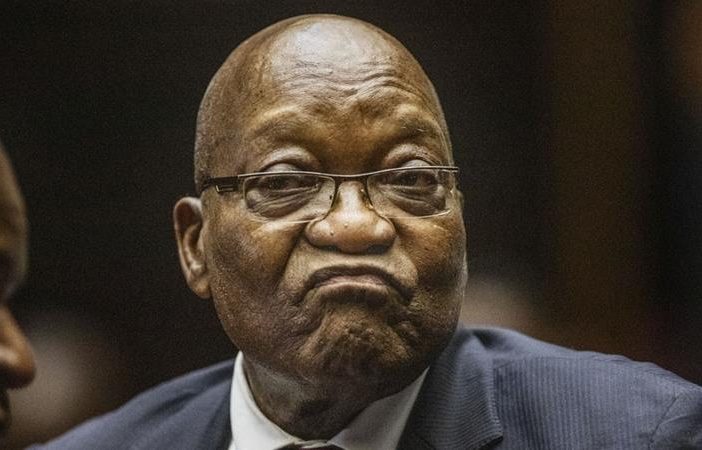- A new report, “I Need You, I Don’t Need You: South Africa and Inga III”, released yesterday by Congo Research Group and Phuzumoya Consulting shines a light on South Africa’s continued commitment to the project.
- Back in October 2013, South Africa’s then president, Jacob Zuma, committed to purchasing 2.5 of the 11 gigawatts that Inga III could potentially generate.
- The country has continued to publicly support the project but lobby groups like International Rivers advises South Africa should cancel its commitment altogether. Read more
South Africa seems to be caught up in another populist commitment made by a largely corrupt previous president in Jacob Zuma. Promoting a pan-Africanist power generation source which will spur the continent’s economic development, Zuma duly signed the agreement without giving practical implications much thought. Like for example, the lack of transmission network that connects the DRC to South Africa.
The reality is that buying electricity from Inga III would be risky and may be more expensive than most other sources available domestically. South Africa also has its own generation problems with ongoing load shedding plus its state owned energy utility, Eskom, is borrowing money to service its R450 billion + debt. Read more
Moreover, the project is not expected the benefit the local population in the DRC. In October 2019, the Congo Research Group (CRG) and Resource Matters demonstrated how the Inga III project, which was being negotiated behind closed doors, was intended for outside consumption and did not guarantee access to electricity for the millions of Congolese who are forced to go without.
Today, the project’s controversy within South Africa means that the country may be looking for an exit strategy. But South Africa fears withdrawing from Inga and thereby giving the impression that it has reneged on its post-apartheid commitment to contribute to the economic development of the continent. The Democratic Republic of the Congo’s failure to meet its commitments would, however, offer it an honorable exit from the project. If construction of the dam does not start by 2023, South Africa will not be able to start drawing its 2.5 gigawatts from Inga in 2030 as agreed, and could thus declare the Grand Inga project treaty null and void.
Were South Africa to abandon Inga III, it would be a significant blow to this project in the world’s largest potential hydropower site. Indeed, without its guarantee to purchase Inga III’s power, the project may not be bankable or feasible. Unless other countries in Africa make a commitment to buy. Angola recently expressed interest in purchasing 5GW. Read more
There are other factors that could call the project into question: the withdrawal at the end of January 2020 of the Spanish company ACS, a member of one of the two consortiums selected to develop the dam, and the new Congolese President Félix Tshisekedi’s desire to take the project in a new direction. At this stage, the future of Inga III is, once again, up in the air.
Read the full report HERE.
Author: Bryan Groenendaal
Source: Congo Research Group (CRG)











